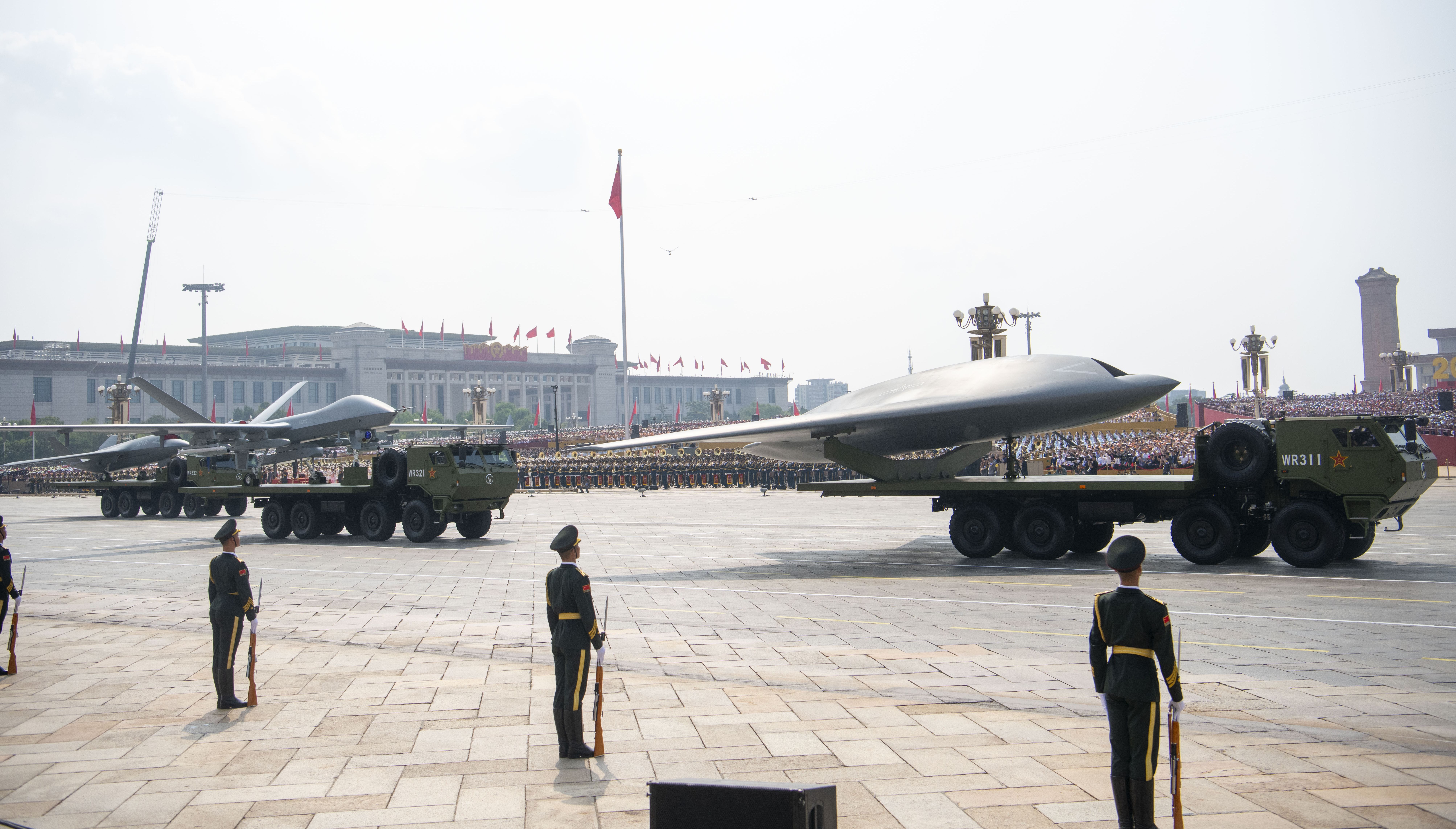The Shanghai Cooperation Organization (SCO) summit in Beijing this week and the military parade that accompanied it have triggered an outpouring of global commentary. Many analysts, especially those critical of the West or writing from the Middle East, have portrayed the parade as proof that China is on its way to replacing the United States as the next superpower. In this reading, the decline of American primacy will give birth to a Chinese century.
Yet this interpretation is both misleading and unhelpful. The parade did not mark the transfer of unipolar dominance from Washington to Beijing. Rather, it highlighted how China seeks to consolidate its position as a central pole in a world that is already multipolar.
To understand why, it helps to recall the categories outlined by Amitav Acharya, professor of international relations at American University, in “The End of American World Order” — regional powers, great powers, and superpowers. The United States after 1945 reached the level of a superpower not simply because of its vast economy but because economic power was combined with military might, technological superiority, political legitimacy, and a dense alliance system. It had the dollar as a convertible global currency, forward basing across multiple continents, and an architecture of institutions that embedded its primacy. America’s rise was comprehensive.
China’s military parade this week was an acknowledgment of this reality. It was not only a show of missiles, drones, and precision weapons but also a statement that Beijing understands that sustained global influence requires more than GDP. It requires the ability to defend trade routes, project power, and demonstrate resilience in the face of coercion. In other words, China knows that economic growth must be backed by military and political capability if it is to be translated into long-term status. The parade was therefore a performance of China’s determination to link its economic trajectory to credible hard power.
But the conclusion that China is therefore the next hegemon is premature. China still lacks many of the systemic features that underpinned U.S. primacy. The renminbi — China’s currency — is not yet fully convertible and cannot anchor the global financial system in the way the dollar has. Beijing has partners and organizations like the SCO and BRICS, but it does not possess an alliance system comparable to NATO or America’s treaty network in Asia. Its overseas basing is minimal. Its ability to project force globally is limited compared to Washington’s naval and air dominance. What the parade demonstrated was progress and intent, not the arrival of unipolarity.
This is why it is more accurate to see the current moment as the consolidation of multipolarity. The United States still retains key advantages: technological leadership, alliance density, and the institutional depth of the liberal order. But it no longer enjoys uncontested primacy, as recent wars and crises have made clear. China, Russia, India, and other major states each have capacities to shape the system but none can impose rules alone. The Global South, too, is asserting agency, diversifying partnerships, and resisting being folded into a binary competition. The world looks less like the dominance of one and more like what Acharya calls an “archipelago of powers.”
The parade in Beijing, then, should not be read as the curtain-raiser for a Chinese century. It should be seen as part of a larger process in which China is moving to solidify its role as one pole in a plural order. This is consistent with its economic strategy of building connectivity projects through the Belt and Road, its political diplomacy within the SCO and BRICS, and its growing military modernization. Yet it is not evidence of a coming unipole. It is evidence of Beijing’s understanding that status in the 21st century comes from integration of multiple dimensions of power.
What emerges from this perspective is a sobering but also stabilizing lesson: the age of single superpowers is over. The United States is not disappearing, but it is no longer unrivaled. China is rising, but it will not enjoy hegemonic dominance. Instead, the near future will be shaped by several major powers whose interactions, rivalries, and limited cooperation will form the texture of world politics. Recognizing this reality can help prevent the false expectations that fuel confrontation. The real challenge is to build mechanisms for coexistence among poles rather than to seek another unipolar order that will never come.
China’s parade was a symbol of ambition, confidence, and intent. But it was not a coronation. It was a reminder that multipolarity is here to stay, and that the future will be decided not by a single superpower but by how the great powers manage to live together in an archipelago of power.
















